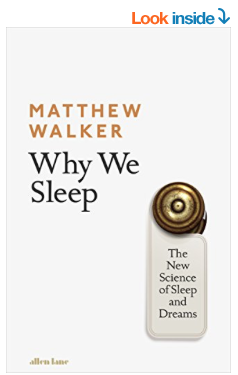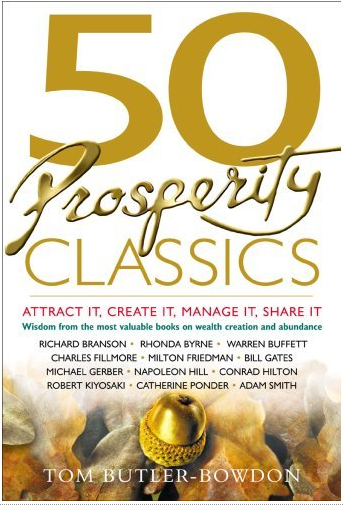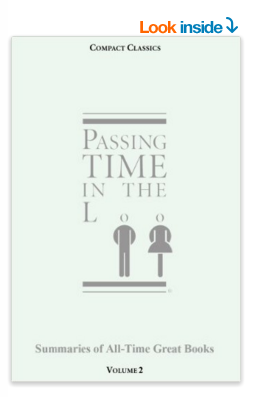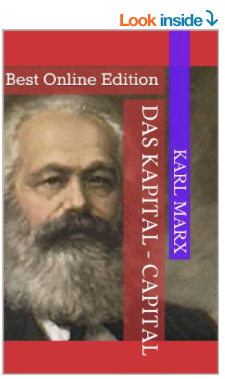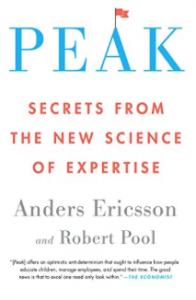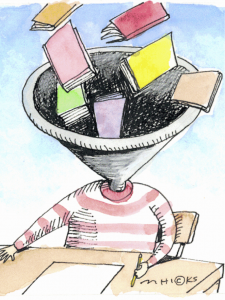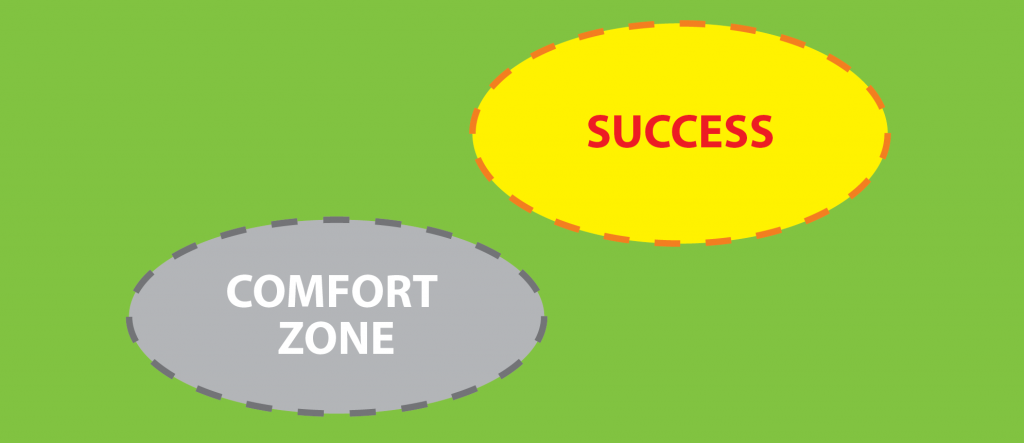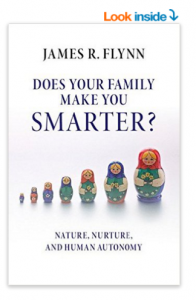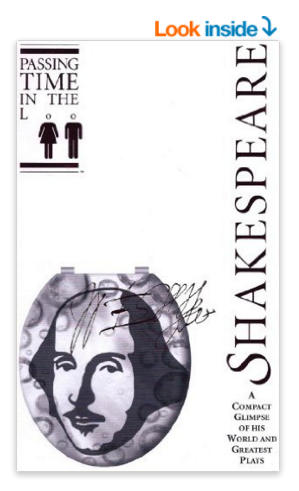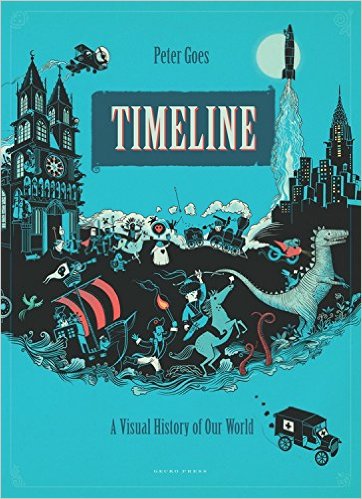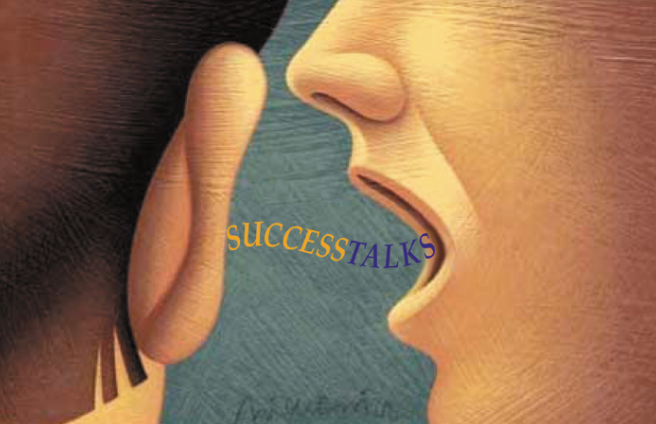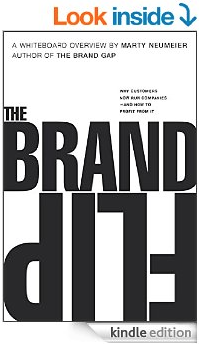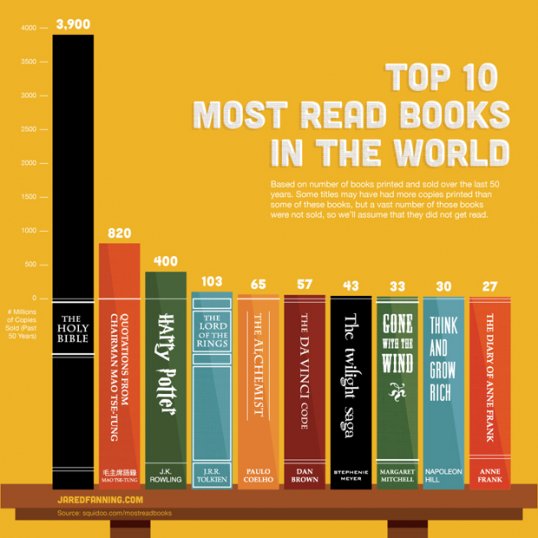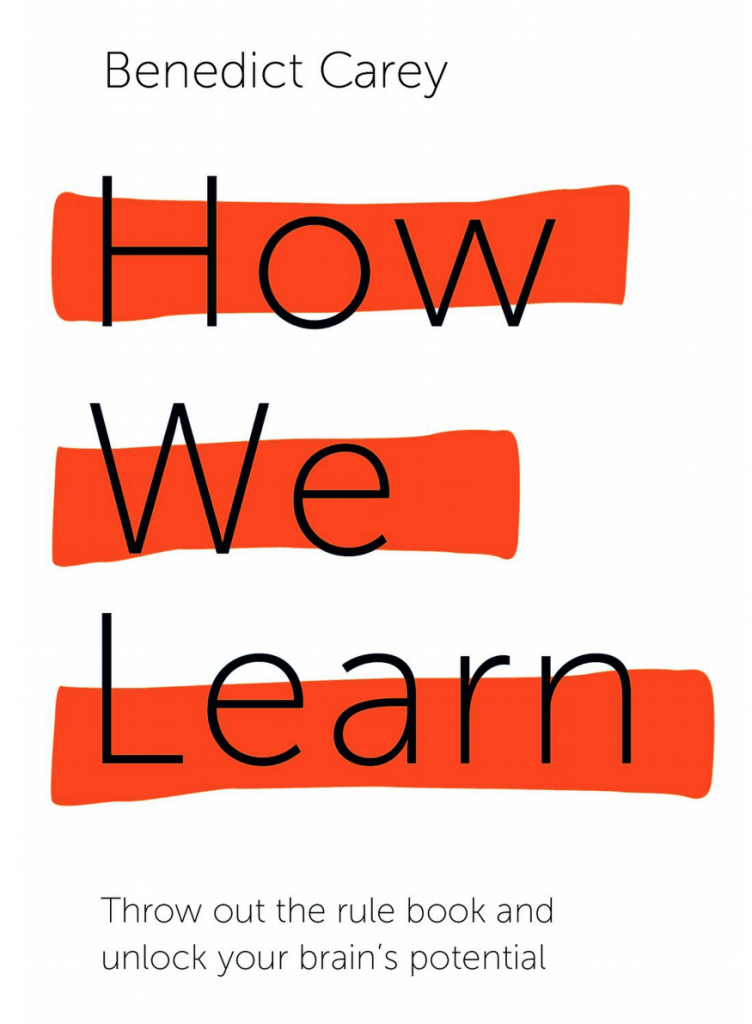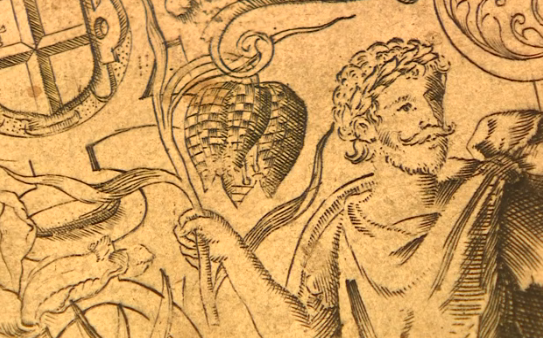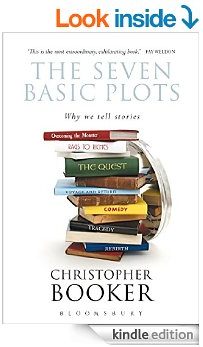The Ultimate Brain Workout: Why Reading Fiction Isn’t a Waste of Time, According to Science and Rita Carter
In a recent compelling talk, speaker Rita Carter challenges the long-held belief that reading fiction, stories, novels, and narratives, is merely a pleasant pastime or, at worst, a waste of time. Drawing on evidence from brain science, she argues that immersive reading is, in fact, more important than other forms of reading and provides a crucial workout for the brain that profoundly enhances our social and emotional lives.
Here is an in-depth look at the key elements and scientific evidence presented in this discussion on the transformative power of fiction.
1. The unexpected benefits, becoming a better person
Carter begins by suggesting that there is one free, accessible activity that could make us more imaginative, improve memory, enhance personal relationships, and generally make us nicer people, and that activity is reading. She clarifies that she is not referring to administrative or educational reading necessary for daily life. Instead, she focuses specifically on fiction, the type of reading where you are immersed inside another person’s head, experiencing the character’s emotions, feelings, and actions from their unique perspective.
She recounts an anecdote about her mother, whose father once ripped a novel out of her hands, saying, if you have to read, at least read something useful. What the evidence now suggests, surprisingly, is that fiction is very useful indeed, in ways that we probably never suspected.
Adding research, a growing body of work indicates that habitual engagement with narrative fiction is linked to small but measurable gains in social cognition, including empathy and perspective-taking. Longer-term exposure to fiction, tracked through measures of lifetime reading, tends to correlate with better performance on tasks that assess how well we understand other people’s feelings and intentions. Evidence from community and clinical settings also shows that structured shared-reading programmes can support mood, reduce loneliness, and help people articulate complex inner states in safe, social contexts.
2. Theory of mind, stepping outside yourself
The foundation of fiction’s power lies in its ability to train what scientists call theory of mind. Theory of mind is the intuitive capacity to grasp what is happening inside another person’s head simply by observing their words, actions, or expressions. This faculty allows us, even momentarily, to step outside our own heads and see the world from other points of view.
People who lack this ability are often at a disadvantage in social life and relationships, constrained by a reduced capacity to imagine other minds. Laboratory tasks such as the Reading the Mind in the Eyes test are commonly used to index this capacity in adults.
The 2013 Kidd and Castano experiments
Supporting the link between fiction and theory of mind, a 2013 set of experiments reported immediate improvements on social-perception tasks after brief exposure to literary fiction, compared with popular fiction or nonfiction. Participants read short passages and then completed standard tests of social inference. The headline result, that literary fiction gives a quick boost, generated considerable interest.
The broader picture is more nuanced. Several high-powered replication attempts did not observe the same immediate effect after a single short reading, although measures of lifetime exposure to fiction still predicted better performance. Meta-analytic summaries now suggest that fiction engagement has a small positive effect on social cognition overall, with individual differences and the depth of engagement likely moderating outcomes. In practical terms, regular, immersive reading appears more consequential than a single brief exposure.
Real-world impact, the reading group
Carter offers a powerful real-world example, describing a reading group composed of people living with mental health difficulties, such as severe depression or anxiety. In a discussion of Wuthering Heights, participants showed striking empathy and complex perspective-taking. They debated the heroine Cathy’s decision to marry Linton rather than Heathcliff, considered aspiration, danger, and desire, and, crucially, imagined the dilemma from Linton’s point of view, knowing his wife loved someone else. The observation here is simple and radical, the apparently simple act of reading fiction can change lives. Research on shared-reading interventions in primary care, community groups, and dementia care homes echoes this, reporting improvements in mood, social connection, and the articulation of personal narratives.
3. The brain workout, rewiring neural architecture
Why might fiction have such profound effects? One answer comes from neurocognitive models of reading.
Speech is natural. The neural pathways for spoken language piggyback on ancient auditory and motor systems that evolved over tens or hundreds of thousands of years. Infants immersed in speech will acquire it without formal instruction.
Reading is learned. Writing systems emerged only a few thousand years ago, and mass literacy is an achievement of the last century in many countries. Because reading is culturally recent, the brain does not come pre-wired for it. Instead, it recruits and repurposes existing circuits, especially in occipito-temporal regions that become specialised for recognising letter strings and word forms. This recycling requires the brain to build new, efficient pathways that integrate visual perception, language, memory, and attention. Learning to read is therefore a profound neuroplastic event, and continued practice refines the network.
Fiction intensifies the workout because it is multi-modal and meaning-rich. Following characters across time, tracking motives and subtext, and holding counterfactual possibilities in mind all place sustained demands on attentional control, memory, and social reasoning. In short, fiction is extended mental cross-training.
4. Experiencing the narrative, simulation and empathy
A key finding from cognitive neuroscience is that the brain does not merely decode narratives, it simulates them. When readers encounter language about actions or sensations, activity increases in sensorimotor and sensory regions that would be engaged if they performed or perceived those events. Action verbs can activate somatotopic zones in motor cortex. Odour-laden words can evoke responses in olfactory cortex. As plots unfold, neural activity tracks changes in characters’ locations, goals, and intentions, mirroring event segmentation in everyday life. Emotional immersion correlates with responses in affective and salience networks.
This simulation principle helps explain why fiction so effectively exercises social understanding. Brain networks recruited for narrative comprehension overlap with those used for mentalising and autobiographical thinking. Reading richly imagined, character-driven stories appears to give us structured practice at running mental models of minds other than our own.
New evidence, the Emory University study
One elegant study asked undergraduates to read an engaging novel, Pompeii by Robert Harris, each evening over multiple days, while undergoing daily MRI scans across a longer baseline-reading-washout schedule. As the reading phase progressed, functional connectivity strengthened not only within classical language areas but also between language regions and sensorimotor hubs consistent with embodied simulation. Some connectivity changes persisted into the mornings following reading, suggesting that the narrative experience left short-term traces in the brain’s architecture. The pattern resembles the overnight consolidation of new skills, as if the story had become part of the readers’ neural repertoire.
5. Conclusion, a necessity for the individual and society
The brain is like a muscle that requires exercise, and immersive fiction is a demanding, enjoyable, and socially consequential workout. By compelling us to inhabit other minds, sympathise with unfamiliar motives, and reason about complex social worlds, fiction sharpens cognitive flexibility and nurtures empathy. The best available evidence indicates that the effects are modest in the short term and accumulate with regular practice. Taken collectively, laboratory findings, neuroimaging evidence, and community-based reading programmes converge on the same practical message, build a steady habit of reading fiction. It refines your mind, strengthens your social understanding, and contributes to a more empathetic civic life.
References
Baron-Cohen, S., Wheelwright, S., Hill, J., Raste, Y., & Plumb, I. (2001). The “Reading the Mind in the Eyes” test revised version. Journal of Child Psychology and Psychiatry, 42(2), 241–251. https://doi.org/10.1111/1469-7610.00715
Berns, G. S., Blaine, K., Prietula, M. J., & Pye, B. E. (2013). Short- and long-term effects of a novel on connectivity in the brain. Brain Connectivity, 3(6), 590–600. https://doi.org/10.1089/brain.2013.0166
Billington, J., Carroll, J., Davis, P., Healey, C., & Kinderman, P. (2013). A literature-based intervention for older people living with dementia. Perspectives in Public Health, 133(3), 165–173. https://doi.org/10.1177/1757913912470052
Dowrick, C., Billington, J., Robinson, J., Hamer, A., & Williams, C. (2012). Get into Reading as an intervention for common mental health problems, exploring catalysts for change. Australasian Psychiatry, 20(6), 539–542. https://doi.org/10.1177/1039856212459587
Dehaene, S. (2009). Reading in the brain, the new science of how we read. Viking.
González, J., Barros-Loscertales, A., Pulvermüller, F., Meseguer, V., Sanjuán, A., Belloch, V., & Ávila, C. (2006). Reading “cinnamon” activates olfactory brain regions. NeuroImage, 32(2), 906–912. https://doi.org/10.1016/j.neuroimage.2006.03.037
Harris, R. (2003). Pompeii. Hutchinson.
Hauk, O., Johnsrude, I., & Pulvermüller, F. (2004). Somatotopic representation of action words in human motor and premotor cortex. Neuron, 41(2), 301–307. https://doi.org/10.1016/S0896-6273(03)00838-9
Kidd, D. C., & Castano, E. (2013). Reading literary fiction improves theory of mind. Science, 342(6156), 377–380. https://doi.org/10.1126/science.1239918
Panero, M. E., Weisberg, D. S., Black, J., Goldstein, T. R., Barnes, J. L., Brownell, H., & Winner, E. (2016). Does reading a single passage of literary fiction really improve theory of mind, an attempt at replication. Journal of Personality and Social Psychology, 111(5), e46–e54. https://doi.org/10.1037/pspa0000064
Speer, N. K., Reynolds, J. R., Swallow, K. M., & Zacks, J. M. (2009). Reading stories activates neural representations of visual and motor experiences. Psychological Science, 20(8), 989–999. https://doi.org/10.1111/j.1467-9280.2009.02397.x
Tamir, D. I., Bricker, A. B., Dodell-Feder, D., & Mitchell, J. P. (2016). Reading fiction and reading minds, the role of simulation in the default network. Social Cognitive and Affective Neuroscience, 11(2), 215–224. https://doi.org/10.1093/scan/nsv114
Wolf, M. (2008). Proust and the squid, the story and science of the reading brain. Icon Books.
Brontë, E. (2003). Wuthering Heights. Penguin Classics. (Original work published 1847)
Carter, R. (2019, April 9). Why reading matters [Video]. TEDxCluj, YouTube. https://www.youtube.com/watch?v=muuWRKYi09s
Dodell-Feder, D., & Tamir, D. I. (2018). Fiction reading has a small positive impact on social cognition, a meta-analysis. Journal of Experimental Psychology, General, 147(11), 1713–1727. https://doi.org/10.1037/xge0000395


